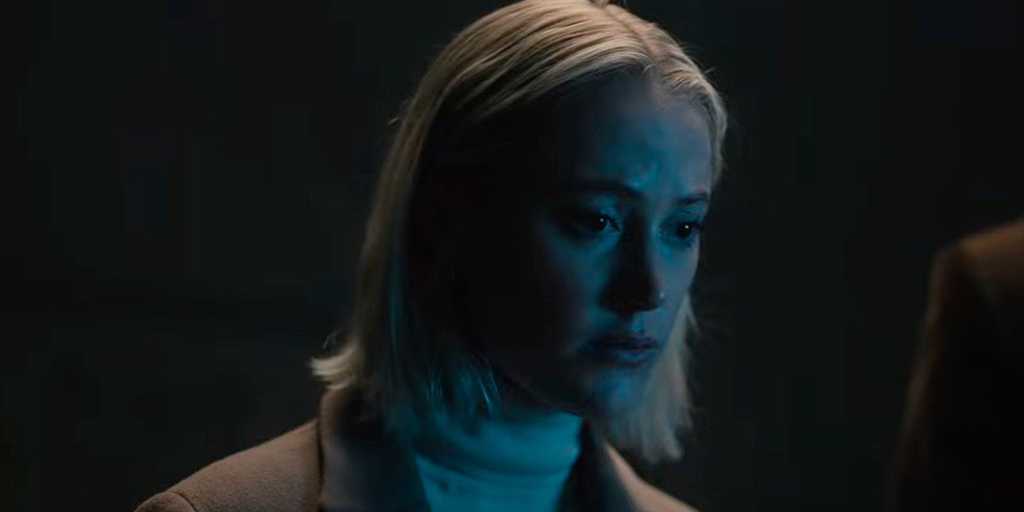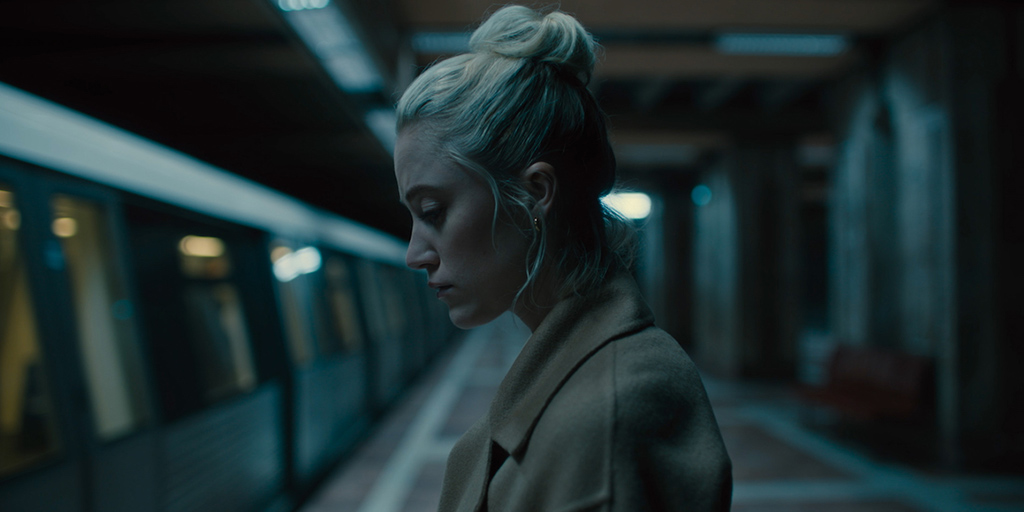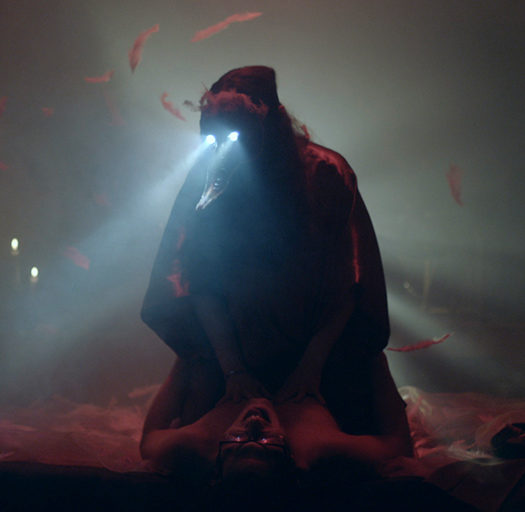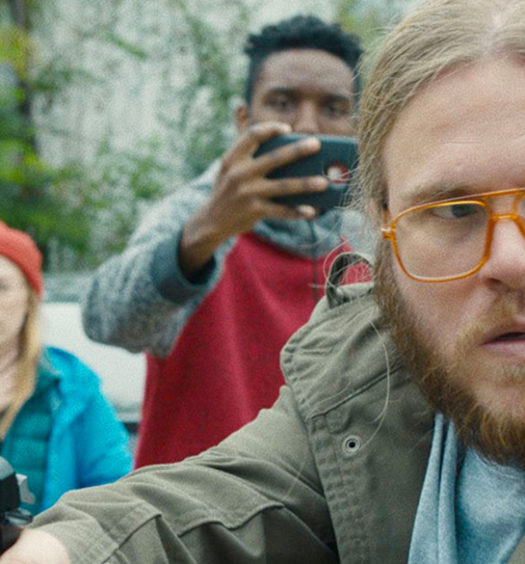The premise of Watcher is simple: A young couple, Julia (Maika Monroe) and Francis (Karl Glusman), moves into a new apartment in a new country. Shortly after, Julia begins to suspect a new neighbor is watching and following her around the city. The subtext, however, is where the story truly lives.
Set in Bucharest, we are immediately thrown into a specific kind of isolation as Julia does not speak Romanian and is forced to rely on Francis’ translations for her. These translations are simplified and sanitized– if and when he chooses to translate at all. As Julia begins to notice a man watching her from the window of an apartment across the way, the couple also learns that there is a brutal serial killer on the loose.
Watcher is, at it’s core, a stalker film. But the real terror is not in the stalking itself but in the easily relatable feeling of being dismissed as overreacting when our instincts are telling us that something is very, very wrong. Director Chloe Okuno presents this not as an indictment of men, but simply as a worldview that men do not live with on a daily basis. Francis tries, at least at first, to understand and explore Julia’s concerns. But as her paranoia intensifies, his understanding feels increasingly patronizing and dismissive. As a result, Okuno masterfully builds the tension and Julia’s loneliness as she struggles to connect with anyone in her new surroundings.

Watcher captures the oppressive and uncomfortable feeling that can happen under the male gaze.
Eventually, the viewer gets a bit of a surrogate in Francis and Julia’s English-speaking neighbor, Irina (Madalina Anea), who clearly sympathizes with Julia’s fears while maybe not totally believing she has cause for alarm. At one point Irina tells Julia “It’s better to live with the paranoia than to be raped or murdered with ‘I told you so’ on your lips.” which aptly sums up the female experience much of the time. I can, of course, only view this film from the perspective of a woman living in a world where the greatest threat to the safety of women is men. But for me, Watcher captures the oppressive and uncomfortable feeling that can happen under the male gaze. You can’t quite explain it, sometimes even to yourself, but some people just feel more dangerous.
This true life fear, and the self-doubt that often accompanies it, is what Watcher really gets right. As a viewer, you are never quite sure if Julia’s fears are justified. Sure it’s creepy that someone is always staring towards your window, but it’s not illegal–it’s not even necessarily indicative of malice.
This story is not so much a “whodunit” as much as it is a “has anything been done.” We are kept in that apprehension until the very end and, luckily, the payoff is worth it. But although it is rewarding, the end does feel a bit rushed for a film that has so carefully built up its suspense. The trope of the paranoid female central character who no one believes can be a little bit tired, but it is nice to see it handled in a more realistic way. If you are looking for a beautifully shot, intense, slow burn, I think you’ll like Watcher.
‘Watcher’ is an intense and beautifully shot slow burn [Panic Fest 2022]































